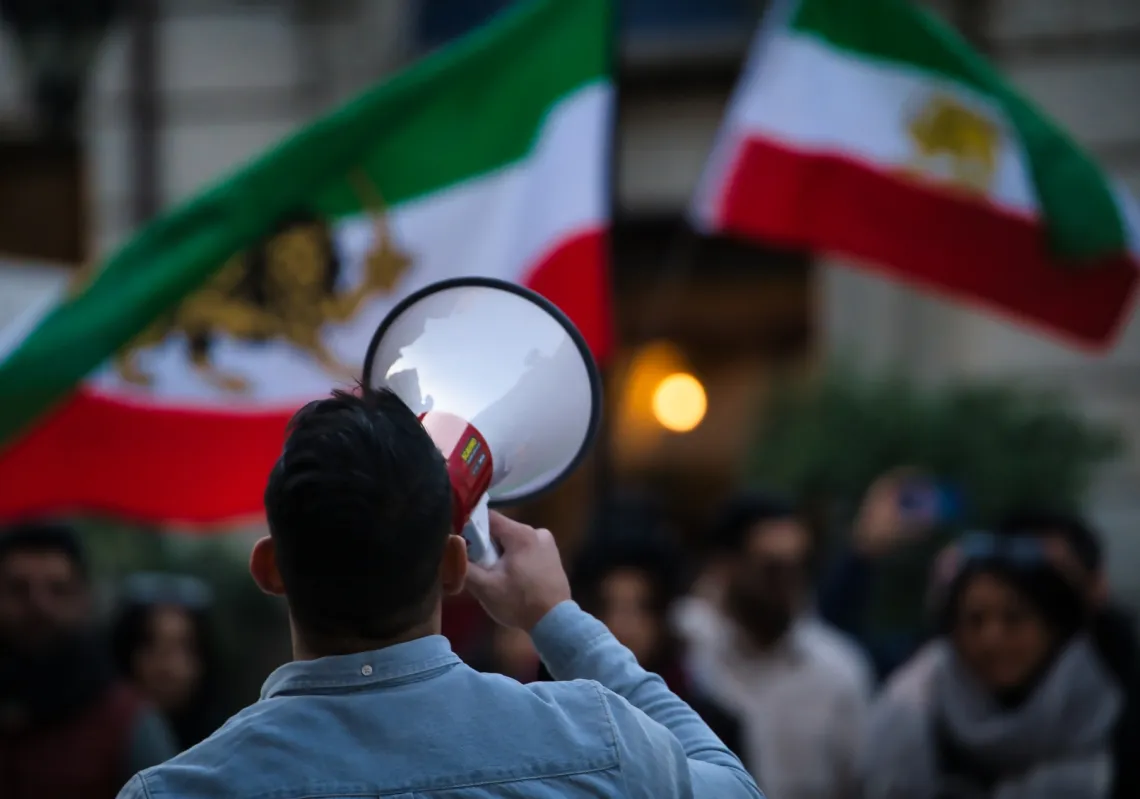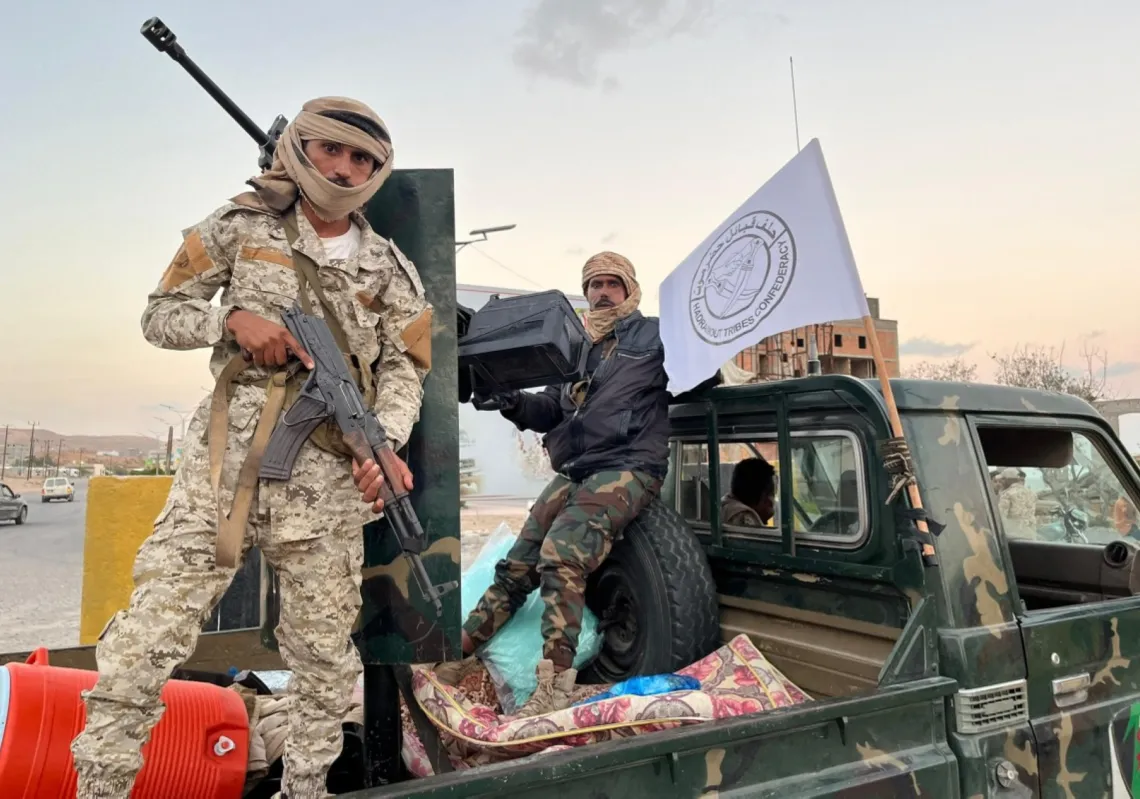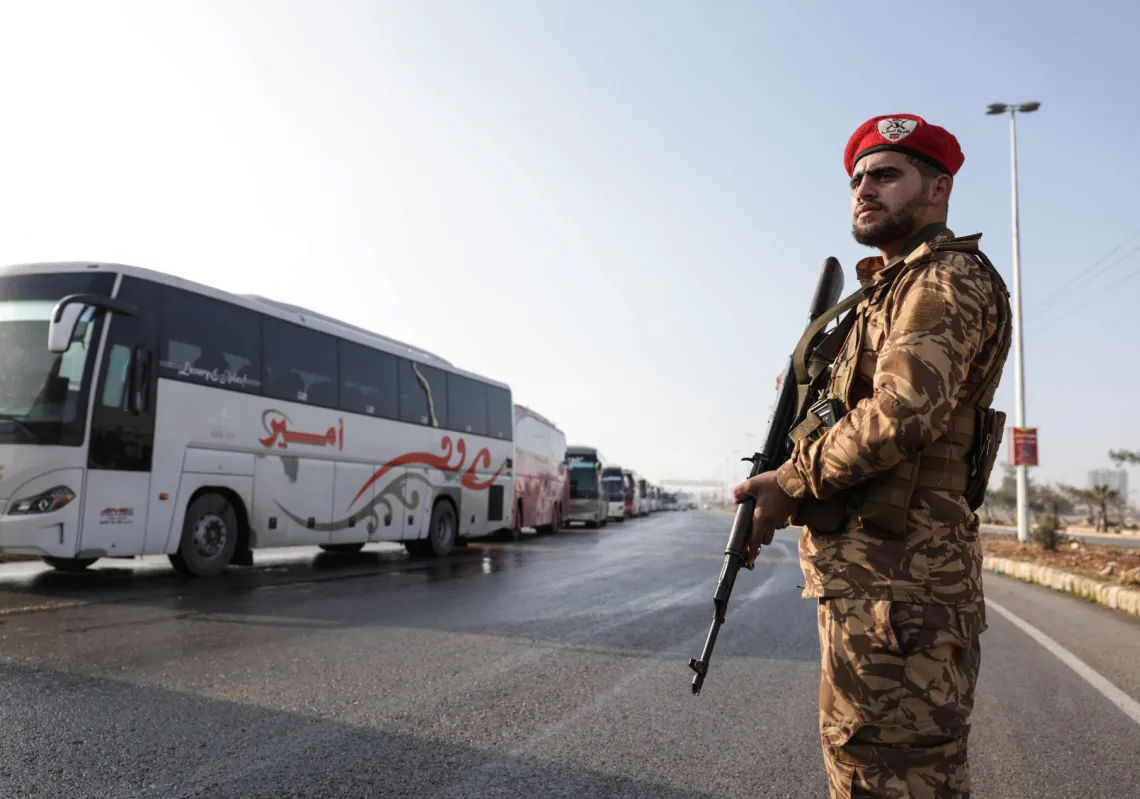In 1979, many events affected the region socially and politically. The most prominent of these were the Soviet invasion of Afghanistan, the Iranian Revolution and the Juhayman Al-Otaiby's incursion into the Mecca Holy Mosque. These upheavals marked the beginning of what came to be known as a religious awakening in the region that overtook the entire society. Its roots date back farther than 1979 though. These three milestones combined led to a radical transformation of the Saudi policy. The Iranian Revolution sparked off a Saudi-Iranian conflict in which both countries derive legitimacy from religion. Thus each of them reinforced religious-political discourse at home and abroad. To do so, the Saudis supported Islamic preaching organizations abroad and promoted Islamist discourse at home. The Iranians elected to adopt the principle of exporting the revolution. The Soviet invasion of Afghanistan led to the emergence of an Afghani resistance that adopted the slogan of Jihad, leading to the mobilization of many non-Afghani young men in defence of the Afghani cause. Thus the Islamist discourse gained ground socially and was politically supported by the governments of all Islamic countries by all possible means. Even the US lent its support to the Afghan resistance and used it as a political card in its cold war with the Soviet Union. Yet, Juhayman Al-Otaiby's incursion into the Holy Mosque remained the most effective factor behind the domestic changes in Saudi Arabia.
Before the incident of Juhayman's incursion the Saudi Arabia was not characterized by a closed or fanatic society. On the contrary, tolerance prevailed more than fanaticism and rejection of the other. I am very sure of this. I lived out the transformations which the Saudi society went through before and after Juhayman's armed movement. At the time of the incident the Saudi society was a Muslim society. Its members adhered to the Five Pillars of Islam (The five duties incumbent on every Muslim). They lived their lives according to the teachings of Islam. But it was not the kind of Islamic society that overloads its religion with things that God has nothing to do with, or did not order his worshipers to do. The Saudis did not politicize their religion to serve their interests. But after the movement of Juhayman was eliminated, the Saudi policy changed dramatically, by virtue of the other two factors. The Soviet invasion of Afghanistan had its impact on "Islamic Awakening", and the Iranian revolution principles were embraced by many Saudi Shiites, allowing for an Iranian presence inside Saudi Arabia. The discourse of the "Islamic Awakening" movement became the official discourse of the state at a certain stage. The doors were wide open in front of the leading figures of the "Awakening" movement to Islamize the society. But the principles they preached were not different from those of Juhayman and his group. Based on this, we can say that Juhayman may have been physically liquidated, but had triumphed intellectually and culturally. Subsequently fanatic religious discourse prevailed in the kingdom. The society that existed before 1979 and was known for its tolerance of the different other, whether that other was local or foreign, was no longer there. For example, before that date the Saudi society was not so strict about certain issues such as those related to women and the mixing or separation of the sexes. It accepted the religious freedom of the other, as long as it did not affect its beliefs and behaviors. It did not treat others who had a different religion with such severity as had prevailed during the years of "Awakening".
For three decades Saudi Arabia’s society was a prisoner of the "Awakening" discourse. Today, the Saudi society is trying to come back to its normal way of life as it was before, especially after its disillusionment with Islamic movements after the events of September 2001. The radical Islamist groups at home had carried out several military expeditions. It became obvious that the extremist line of thought will eventually lead to violence or at least pave the way for it, especially when those who commit such violent acts are promised an eternal life of comfort in Paradise. For thirty years the brains of young people have been continuously washed. Their minds have been continuously poisoned. A new generation has emerged that does not know anything about the tolerance and open mindedness of their fathers and ancestors. Saudi Arabia might take a long time to erase the impacts of the "assault" that was made on the souls and minds of its citizens. But as the Arabic proverb runs: "The journey of a thousand miles begins with one step", and today Saudi Arabia is taking this step.
A Novelist and professor of political science.








